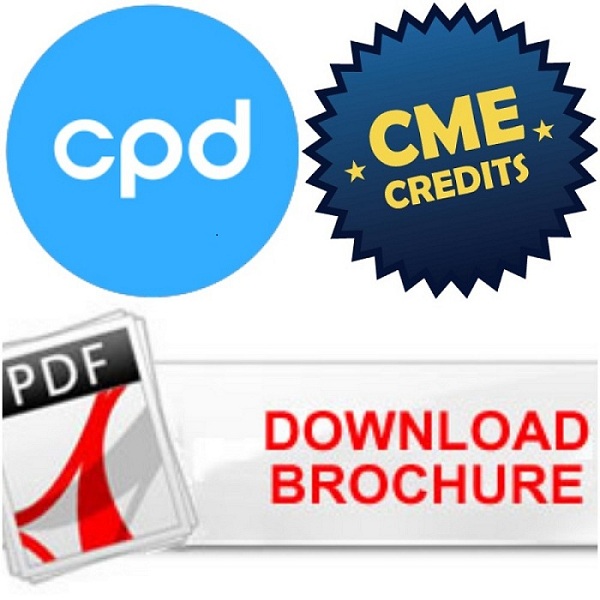
Petra Reinke
Charité - Universitätsmedizin Berlin, Germany
Title: Adoptive cellular immunotherapy for viral diseases post-transplant
Biography
Biography: Petra Reinke
Abstract
The intensity and long-term requirement for immunosuppression to prevent allograft rejection pre-disposes solid organ transplant (SOT) recipients to a wide range of viral complications, particularly within the first year of transplant. The agents administered post-transplant to prevent organ rejection compromise the host immune system leaving patients vulnerable to an array of latent and lytic viruses including cytomegalovirus (CMV), adenovirus (AdV), Epstein-Barr virus (EBV), human herpes virus 6 (HHV6) and BK virus. Many of the viruses account for a spectrum of clinical diseases in SOT recipients including allograft dysfunction. As a result, viral infection or reactivation is a frequent cause of morbidity and mortality in immunocompromised SOT recipients. Adoptive T-cell therapy using virus-specific T-cells (VST) has emerged as an effective treatment option in viral diseases after SOT and hematopoietic stem cell transplantation (HSCT). Despite vast success of anti-viral T-cell therapeutic approaches following HSCT, T-cell engraftment and longevity of the efficacy is incidentally limited in chronically immunocompromised SOT patients due to insufficient persistence of T-cells after infusion and reduced proliferation. Successful anti-viral T-cell immunotherapy depends on a range of cell and patient-dependent factors. In my presentation, I will describe challenges and limitations for VST production in the SOT setting, the innovations that allowed the production of anti-viral T-cell products, including an optimized T-cell subset composition of the VST infused, genetically modified VST, third-party VST and multi-virus-specific T-cell products, and I will discuss the potential and first clinical data for this approach.

